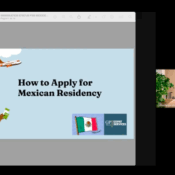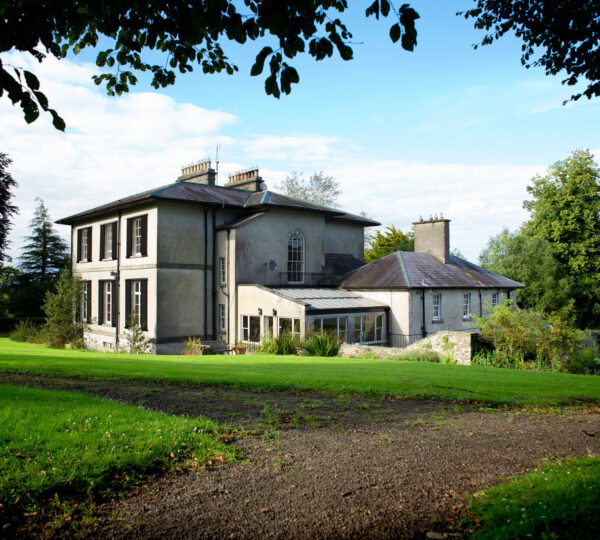
Ireland Visa: A Guide to Obtaining a Visa and Residency
Ireland is a popular destination for expatriates, students, and business professionals due to its strong economy, excellent education system, and high quality of life. Whether you are looking to visit, work, study, or settle permanently in Ireland, understanding the visa and residency process is essential. This guide outlines the key visa categories, residency options, and frequently asked questions.
Types of Irish Visas
1. Short-Stay (C) Visa
- Allows stays of up to 90 days.
- Categories include:
- Tourist Visa – For sightseeing and visiting family/friends.
- Business Visa – For short-term business visits.
- Conference/Event Visa – For attending professional events.
- Short-Term Study Visa – For courses lasting less than 90 days.
- Processing Time: Around 8 weeks.
2. Long-Stay (D) Visa
- Required for stays exceeding 90 days.
- Common types include:
- Work Visa – For employment with an Irish company.
- Student Visa – For full-time study at an accredited institution.
- Join Family Visa – For spouses, partners, and dependents of Irish citizens or residents.
- Investor & Entrepreneur Visas – For high-net-worth individuals and business investors.
Work Visas & Permits
1. General Employment Permit
- Open to most occupations except ineligible job categories.
- Requires a job offer with a minimum salary of €30,000 per year.
- Valid for up to 2 years, renewable for another 3 years.
2. Critical Skills Employment Permit
- For highly skilled professionals in IT, engineering, healthcare, and finance.
- No labor market test required.
- Provides a fast-track route to residency.
- Minimum salary: €32,000 – €64,000 per year, depending on occupation.
3. Intra-Company Transfer Permit
- For employees transferring within a multinational company.
- Requires at least 6 months of employment with the overseas company before the transfer.
Study Visas
- Required for full-time study in Ireland.
- Applicants must be accepted into an accredited Irish institution.
- Proof of funds: €7,000 per year for living expenses.
- Work allowed part-time (20 hours/week) during term and full-time (40 hours/week) on holidays.
Residency and Citizenship Options
1. Stamp 1 – Work-Based Residency
- Granted to individuals on employment permits.
- Can lead to permanent residency after 5 years.
2. Stamp 2 – Student Residency
- For full-time international students.
- Does not count towards permanent residency.
3. Stamp 4 – Permanent Residency
- Available after 5 years of legal residence in Ireland.
- Holders of Critical Skills Employment Permit may be eligible after 2 years.
- Allows work and business ownership without needing an additional permit.
4. Irish Citizenship
- Available through naturalization after 5 years of residence.
- Applicants must demonstrate good character and integration.
- Dual citizenship is permitted.
Visa Application Process
- Determine Eligibility – Select the appropriate visa category.
- Prepare Documentation – Common requirements include:
- Valid passport
- Proof of funds
- Employment or admission letter (if applicable)
- Health insurance
- Submit Application – Apply online through the Irish Immigration Service website.
- Pay Fees – Visa costs range from €60 – €100 depending on type.
- Attend Biometrics Appointment – Required in some cases.
- Wait for Processing – Times vary from 8 to 20 weeks, depending on visa type.
- Receive Decision – If approved, a visa sticker is placed in your passport.
Frequently Asked Questions (FAQ)
1. Can I work in Ireland on a Tourist Visa?
No, a Short-Stay Visa (C) does not permit employment.
2. Can I switch from a Student Visa to a Work Visa?
Yes, graduates can apply for the Third Level Graduate Programme, allowing 1-2 years of work.
3. How much money do I need to apply for a visa?
Requirements vary, but a minimum of €7,000 in savings is recommended for students and visitors.
4. Does buying property in Ireland grant residency?
No, property ownership does not automatically provide residency.
5. What are the costs of an Irish visa?
- Short-Stay Visa: €60 (single entry) / €100 (multiple entry)
- Long-Stay Visa: €100
- Work Permit Fees: €1,000 (General) / €1,500 (Critical Skills)
- Naturalization Application: €175 processing fee + €950 certification fee
Conclusion
Ireland offers various visa pathways for tourists, workers, students, and investors. Understanding the visa process, residency options, and eligibility requirements can help applicants plan for a successful transition. Whether you aim for temporary residence or permanent settlement, proper preparation and professional assistance can simplify the process.
Meet An Expert
Meet with an expert today during our open office hours video calls. You will be able to ask any question you might have regarding visas, renting and buying property or just practical advice on moving, while in a group setting. It is 100% free and you can attend on your own schedule.
Recent Posts
Comprehensive Step-by-Step Guide to Obtaining Your Visa In Mexico
Buying Your First Business in France
All Categories
- Argentina
- Australia
- Austria
- Bahamas
- Bali
- Belize
- Brazil
- Chile
- Colombia
- Costa Rica
- Czech Republic
- Denmark
- Dominican Republic
- Ecuador
- El Salvador
- Fiji
- France
- Germany
- Greece
- Hungary
- India
- Ireland
- Jamaica
- Japan
- Malaysia
- Mexico
- Netherlands
- New Zealand
- Norway
- Panama
- Peru
- Philippines
- Portugal
- Singapore
- South Korea
- Spain
- Sweden
- Switzerland
- Thailand
- UAE
- Uncategorized
- United Kingdom
- Uruguay
- Vietnam



